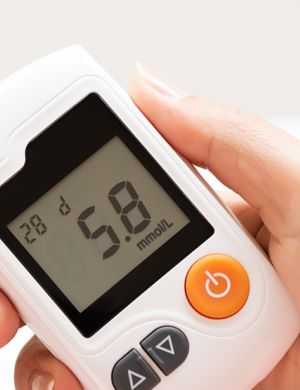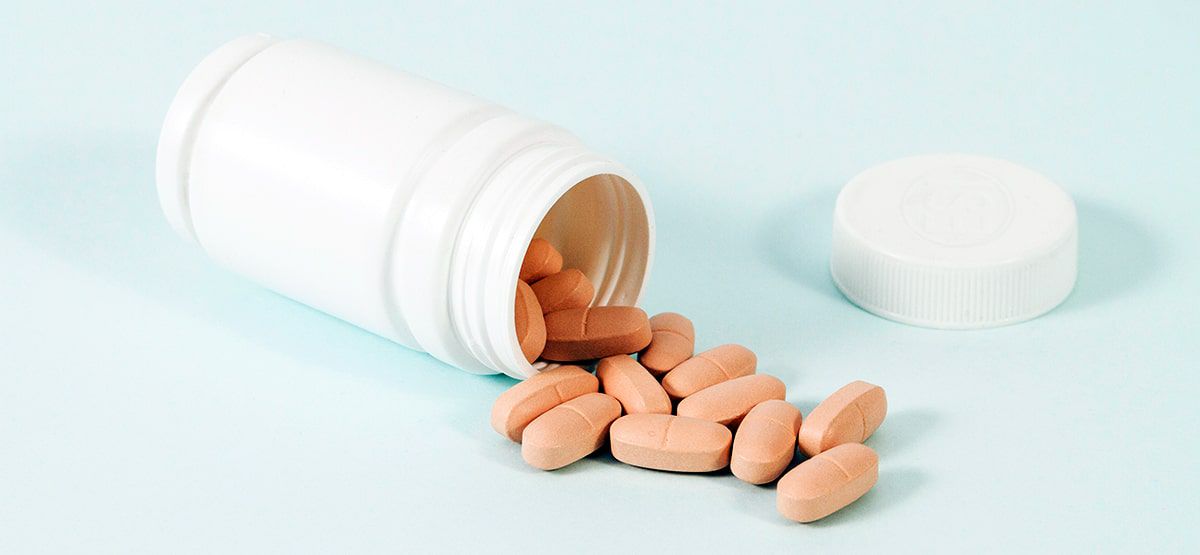
Pharma/Biotech – USA, Europe, Asia and ROW Regulatory News – June 2024
EUROPE
FDA Authorizes First Point-of-Care Hepatitis C RNA Test
The FDA has granted marketing authorization to Cepheid for the Xpert HCV test and GeneXpert Xpress System—the first test enabling hepatitis C virus (HCV) diagnosis at certified point‑of‑care settings. Facilities operating under a CLIA Certificate of Waiver, including substance use treatment centers, correctional institutions, syringe service programs, clinics, urgent care centers, and emergency departments, can now use this test. It detects HCV RNA using a fingertip blood sample and provides results within approximately one hour, eliminating the need for centralized laboratory testing.
FDA Approves Marketing of Four Menthol-Flavored E‑Cigarette Products
Following an extensive scientific review under the PMTA pathway, the FDA has authorized four menthol-flavored e‑cigarette products produced by NJOY LLC: NJOY ACE Pod Menthol 2.4%, NJOY ACE Pod Menthol 5%, NJOY DAILY Menthol 4.5%, and NJOY DAILY EXTRA Menthol 6%. The ACE products consist of sealed, prefilled pods compatible with the previously authorized ACE device. The DAILY products are disposable e‑cigarettes with non‑refillable reservoirs.
FDA Expands Gene Therapy Approval for Duchenne Muscular Dystrophy
The FDA has expanded approval of the gene therapy Elevidys (delandistrogene moxeparvovec‑rokl) for individuals aged four and older with Duchenne muscular dystrophy (DMD), regardless of ambulatory status, provided they have a confirmed mutation in the DMD gene.
EUROPE
First Intranasal Epinephrine for Anaphylaxis Recommended for Approval
EMA’s CHMP has recommended EU marketing authorization for Eurneffy (epinephrine), the first nasal‑spray formulation for emergency treatment of severe allergic reactions (anaphylaxis).
EMA Recommends Revoking Authorization for Ocaliva
EMA’s CHMP has advised revoking the marketing authorization of Ocaliva (obeticholic acid), citing that the medicine’s risks now outweigh its benefits for adults with primary biliary cholangitis (PBC).
EU Measures to Address GLP‑1 Agonist Shortages
EMA and HMA, through the MSSG, have issued recommendations to alleviate shortages of GLP‑1 receptor agonists, including Ozempic, Saxenda, Trulicity, and Victoza. These medicines are approved for diabetes treatment and, under specific conditions, for weight management.
Recommendation Against Renewal of Translarna Authorization
EMA’s CHMP has recommended non‑renewal of the conditional marketing authorization for Translarna (ataluren), used to treat Duchenne muscular dystrophy in patients with nonsense mutations who remain ambulatory.
Metamizole Safety Review Initiated
EMA has begun a review of metamizole-containing medicines due to concerns that current measures to mitigate the risk of agranulocytosis may be insufficient. These medicines are approved in several EU countries for moderate-to-severe pain and fever.
Seasonal Flu Vaccine Strain Recommendations for 2024/2025
EMA has released guidance on influenza virus strains to be included in vaccines for the 2024–2025 flu season.
AUSTRALIA
Proactive Oversight of High-Risk Medical Device Clinical Trials
Regulators are reviewing safety data linked to notifications of the highest‑risk implantable and cardiac invasive medical devices used in first‑in‑human clinical studies.
Updated Manufacturing Principles for Therapeutic Goods
The Minister for Health and Aged Care has issued updated Manufacturing Principles applicable to the production of therapeutic goods, including active pharmaceutical ingredients (APIs) and sunscreens, at Australian facilities.
MALAYSIA
Safety Update: Anti-CD20 Antibodies and Pyoderma Gangrenosum Risk
Anti‑CD20 antibodies (rituximab, obinutuzumab, ofatumumab, and ocrelizumab) are used to deplete B cells in conditions involving abnormal or malignant B‑cell activity, such as CLL, follicular lymphoma, RMS, and PPMS. Several such products are currently registered in Malaysia. Authorities have highlighted the associated risk of pyoderma gangrenosum.
SINGAPORE
Design Update for Medtronic Ascenda™ Intrathecal Catheters
Medtronic has issued a Dear Healthcare Professional Letter regarding design updates to Ascenda™ catheter models 8780, 8781, and 8784 to reduce the risk of tissue growth into the catheter connector. This issue could lead to catheter occlusion, extended surgical time, therapy interruption, or life‑threatening withdrawal. Healthcare professionals are advised to ensure proper catheter attachment. Medtronic does not recommend prophylactic replacement given the low occurrence rate (0.06%).
Recall of Maltose Drops (Iron) 50 mg/ml
The HSA has issued information regarding product recalls in Singapore, including Maltofer Drops, due to concerns related to product quality, safety, or efficacy.
Voluntary Recall of Coated VICRYL™ Plus Antibacterial Sutures
Johnson & Johnson International (Singapore) has initiated a voluntary recall of specific lots of Coated VICRYL™ Plus Antibacterial sutures due to packaging defects that may compromise sterility. Healthcare professionals must quarantine and return affected products. For patients already treated, routine postoperative monitoring is recommended without additional action.
Don’t miss out! Click here to stay in touch.
Categories
- Biopharma (58)
- Consumer Health (21)
- Cosmetics (11)
- Diagnostics (5)
- Digital Health (8)
- Food (2)
- Medical Device (112)
- OTC (5)
- Regulatory Intelligence (13)
- Standards (41)
Recent Blogs
Get the latest updates from Vistaar

CONNECT WITH US

Let's talk about how Vistaar can help you




